Humans
Sign up for our newsletter
We summarize the week's scientific breakthroughs every Thursday.
-
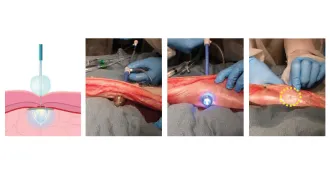 Health & Medicine
Health & MedicineBalloons-and-glue device seals remote wounds inside the body
To repair damaged tissue, surgeons can deliver a glue patch using two balloons and a blast of UV light.
By Meghan Rosen -
 Health & Medicine
Health & MedicineCoffee serves up surprising health benefits
Reporting on the current state of research allows readers to see beyond the single, sometimes conflicting public health messages that medical studies produce.
By Eva Emerson -
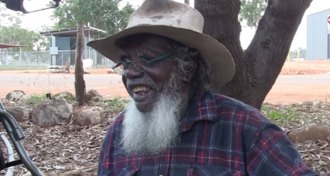 Anthropology
AnthropologyHanded-down tales tell of ancient sea level rise
Australian Aborigines tell tales of actual, ancient sea-level rises, a contested study finds.
By Bruce Bower -
 Health & Medicine
Health & MedicineIsaac Kinde: Finding cancer via altered genes
Isaac Kinde helped create a technology that can spot cancers early to give patients a better chance at survival.
-
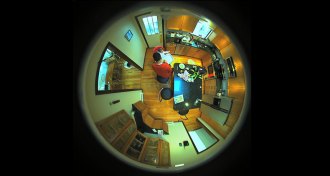 Health & Medicine
Health & MedicineFor kids learning new words, it’s all about context
By recording the first three years of life, researchers get hints about a child’s language development.
-
 Health & Medicine
Health & MedicineStudy finds benefits from lowering blood pressure, but questions remain
Preliminary results from NIH clinical trial suggest that lower blood pressure is better, but scientists have not yet published the data and open questions remain.
By Meghan Rosen -
 Health & Medicine
Health & MedicineCoffee reveals itself as an unlikely elixir
Coffee is earning a reputation as a health tonic, reducing risk for a long list of ailments and even lowering death rates.
By Nathan Seppa -
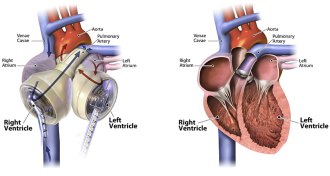 Health & Medicine
Health & MedicineIn 1965, hopes were high for artificial hearts
Developing artificial hearts took longer than expected, and improved devices are still under investigation.
-

-
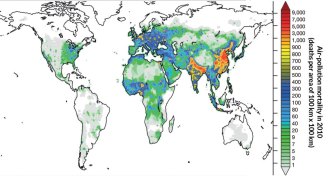 Environment
EnvironmentHome fires, farm fumes are leading causes of air-pollution deaths
Deadly air pollution comes from surprising sources, but toxicity of different types is still up in the air.
By Beth Mole -
 Health & Medicine
Health & MedicineBackwash from nursing babies may trigger infection fighters
A nursing baby’s saliva may get slurped back into mom’s breast, where it stimulates an immune response.
-
 Psychology
PsychologyPeople find the skin of others’ softer than their own
Humans perceive other peoples’ skin as softer and smoother than their own because touch is important in social bonding, researchers suggest.